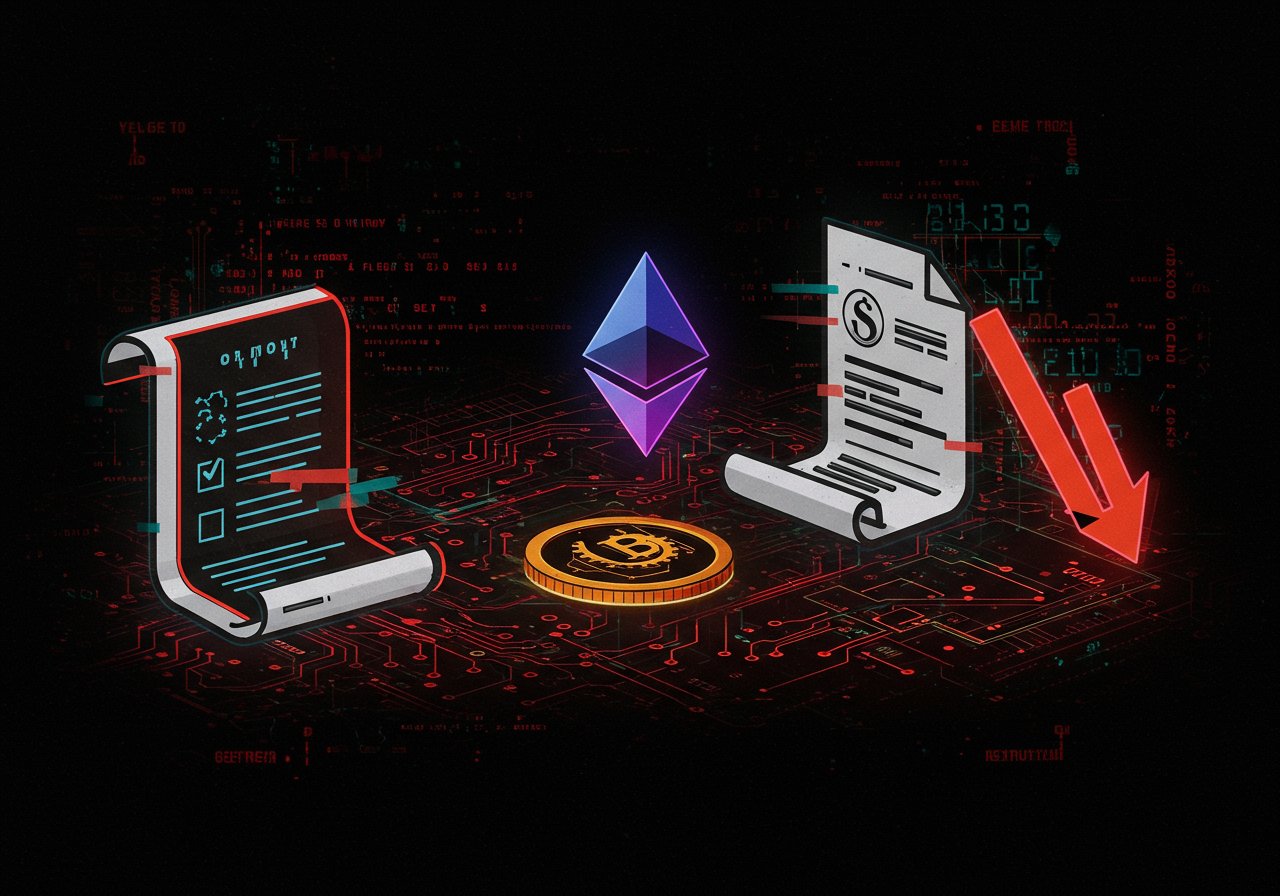
Ethereum‘s Bold Move: Replacing the EVM with RISC-V
In a move that has sent ripples through the Ethereum community, Vitalik Buterin, co-founder of the world’s second-largest blockchain, has proposed a radical overhaul of its execution layer. The plan? To replace the Ethereum Virtual Machine (EVM) with the RISC-V instruction set architecture. This bold move aims to significantly boost the network’s speed and efficiency, addressing one of Ethereum‘s most persistent challenges: scalability.
Buterin’s proposal, unveiled on April 20, 2025, positions RISC-V as the solution to Ethereum‘s scalability constraints. The idea is that by switching to RISC-V, Ethereum can streamline its execution layer, making it faster and more efficient for handling smart contracts and transactions.
RISC-V: A Modern, Open-Source Architecture
RISC-V, pronounced “risk five,” stands for Reduced Instruction Set Computing-V. It’s a modern, open-source instruction set architecture (ISA) that defines a set of instructions a processor can execute. Think of it as a blueprint for building processors, but one that’s flexible and customizable.
This open-source nature, combined with its modularity and efficiency, has made RISC-V a popular choice in various fields, from smartphones and supercomputers to, more recently, blockchains. The adaptability of RISC-V allows developers to tailor it to specific needs, leading to cost savings compared to proprietary ISAs like ARM or x86.
Why RISC-V for Ethereum?
Ethereum‘s execution layer has become a bottleneck for its scaling efforts. The current EVM, while robust, is inefficient for processing smart contracts and transactions. This results in high gas fees and network congestion, driving users to layer-2 solutions for faster, cheaper transactions.
Buterin believes that RISC-V offers a solution to this problem. It’s designed to be more efficient for both general smart contract execution and zero-knowledge (ZK) proof systems, technologies that are increasingly important for scaling Ethereum.
The Potential Benefits of RISC-V on Ethereum
- Faster Execution: RISC-V smart contracts could potentially execute significantly faster than EVM-based contracts, leading to improved transaction speeds and reduced wait times.
- Lower Gas Fees: The increased efficiency of RISC-V could translate to lower gas fees for users, making it more affordable to interact with the Ethereum network.
- Enhanced Scalability: By offloading execution to ZK rollups and optimizing the proving process, RISC-V could significantly improve Ethereum‘s scalability, allowing it to handle more users and transactions without sacrificing performance.
- Simplified ZK-Proof Development: RISC-V‘s streamlined instruction set is well-suited for ZK-proof computations, making it easier to develop ZK-optimized execution layers.
Concerns and Challenges
While the potential benefits of RISC-V are significant, there are also concerns and challenges that need to be addressed.
One major challenge is ensuring compatibility with existing Ethereum smart contracts. Converting current EVM contracts to work with RISC-V would be a complex task, and any transition must be handled carefully to avoid breaking existing decentralized applications (DApps) and smart contracts.
Another concern is that replacing the EVM with RISC-V could lead to slower block building and execution, potentially offsetting some of the performance gains in other areas. This trade-off is a point of contention among developers and community members.
The Path Forward: Discussion and Debate
Buterin’s proposal has sparked a lively discussion within the Ethereum community. While the idea of using RISC-V to revolutionize Ethereum‘s smart contract execution is enticing, it’s still early days. The community is actively debating the proposal, weighing its potential benefits against the challenges and risks.
Whether or not RISC-V will be implemented on Ethereum remains to be seen. It will require a significant effort and consensus from the community to realize this ambitious vision. However, one thing is clear: the debate around RISC-V is a testament to the dynamism and innovation within the Ethereum ecosystem.


